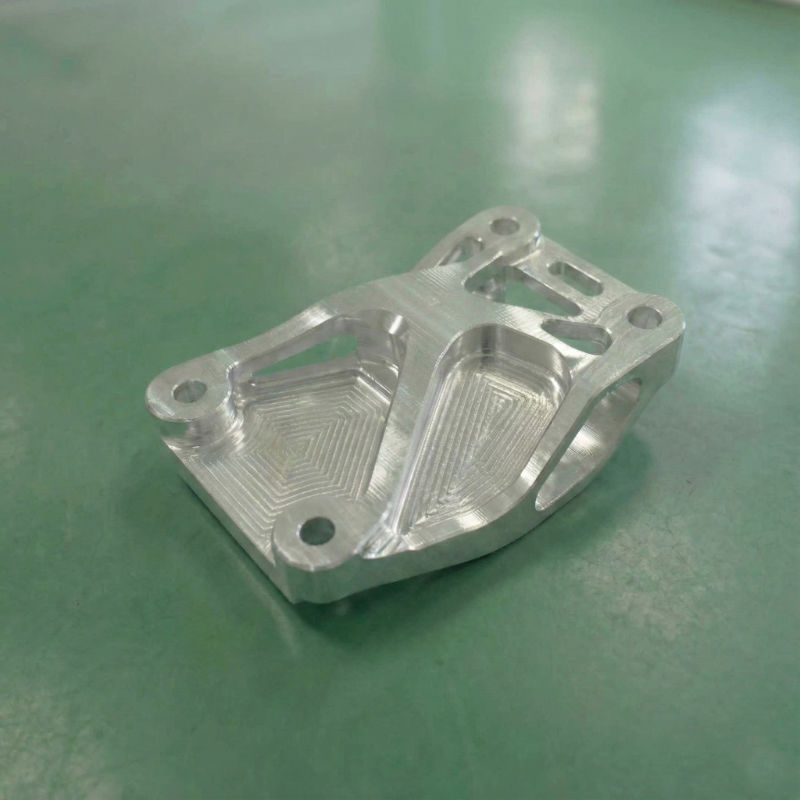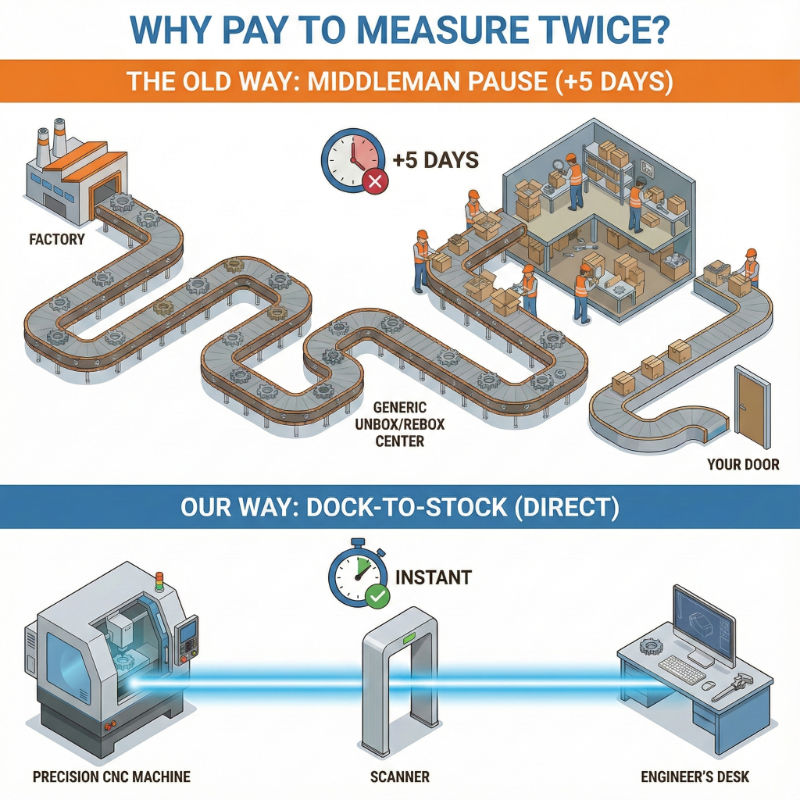What is CNC machining?
CNC Machining is a manufacturing process where pre-programmed computer software dictates the movement of factory tools and machinery. It's used for a wide range of complex processes, such as drilling, grinding, milling, and turning.
Why is CNC machining important in manufacturing?
CNC machining is crucial for its precision, repeatability, and efficiency in producing parts. It's ideal for creating complex, three-dimensional shapes that would be almost impossible to achieve with manual machining.
What materials can be used in CNC machining?
Common materials include:Metals: Aluminum, stainless steel, brass, copper
Plastics: Nylon, polycarbonate, PTFEComposites: Carbon fiber, fiberglass
How to design parts for CNC machining?
When designing for CNC machining, consider:Simplicity: Keep designs as simple as possible.Tolerances: Understand the machining tolerances and design accordingly.Tool Access: Ensure tools can easily access all parts of the design.Material Selection: Choose materials based on the part's function and machining capabilities.
What are standard tolerances in CNC machining?
Standard tolerances vary but typically range from ±0.005" (±0.127mm) to ±0.001" (±0.025mm) depending on the material and size of the part.
Can complex shapes be machined?
Yes, CNC machining can produce complex shapes. However, the more complex the design, the more time and resources are required, potentially increasing costs.
What is the importance of surface finishing in CNC machining?
Surface finishing can improve the appearance, surface smoothness, corrosion resistance, and other properties of the machined part.
How does CNC machining compare to 3D printing?
CNC machining is a subtractive process, removing material to create parts, while 3D printing is additive, building parts layer by layer. CNC machining is generally faster for producing metal parts and is superior in terms of strength and finish.
Can I use CAD software for CNC machining design?
Yes, CAD (Computer-Aided Design) software is essential for designing parts for CNC machining. It helps in creating precise 3D models, which can then be translated into instructions for the CNC machine.
What is the role of AI in CNC machining?
AI and machine learning can optimize machining processes, predict maintenance needs, and improve quality control, leading to increased efficiency and reduced costs.How Do I Choose a CNC Machining Service?When choosing a CNC machining service, consider their expertise, machinery capabilities, quality control processes, turnaround time, and cost.Can Small Quantities Be Produced Economically?Yes, CNC machining is suitable for small quantity production, especially for complex parts where mold or tooling costs for other manufacturing methods would be prohibitive.
What is the STEP file format in CNC machining?
STEP (Standard for the Exchange of Product model data) is an ISO standard exchange format used for representing 3D objects. It encodes detailed 3D data and is widely supported across different CAD software. STEP files are advantageous in CNC machining for several reasons:
Compatibility: STEP files are universally compatible with almost all CAD/CAM software.
Detail: They retain all the geometric and dimensional data of a part, essential for precision machining.
Flexibility: They can be easily edited, making them ideal for iterative design processes.
STEP vs STL format: What's the difference?
While both STEP and STL are file formats used in 3D modeling, they have distinct characteristics:
STEP Files:Type: Represents 3D objects using NURBS and B-Spline geometry.Usage: Ideal for precise manufacturing processes like CNC machining.
Advantages: Retains more detailed, editable data about the geometry.
Application: Used in industries where precise measurements and editable file features are critical, like aerospace and automotive.
STL Files:Type: Represents 3D objects using a series of triangular facets.
Usage: Commonly used in 3D printing.
Advantages: Simple format, easy to generate but less detailed.Application: Typically used for rapid prototyping and 3D printing where high precision is not as critical.










